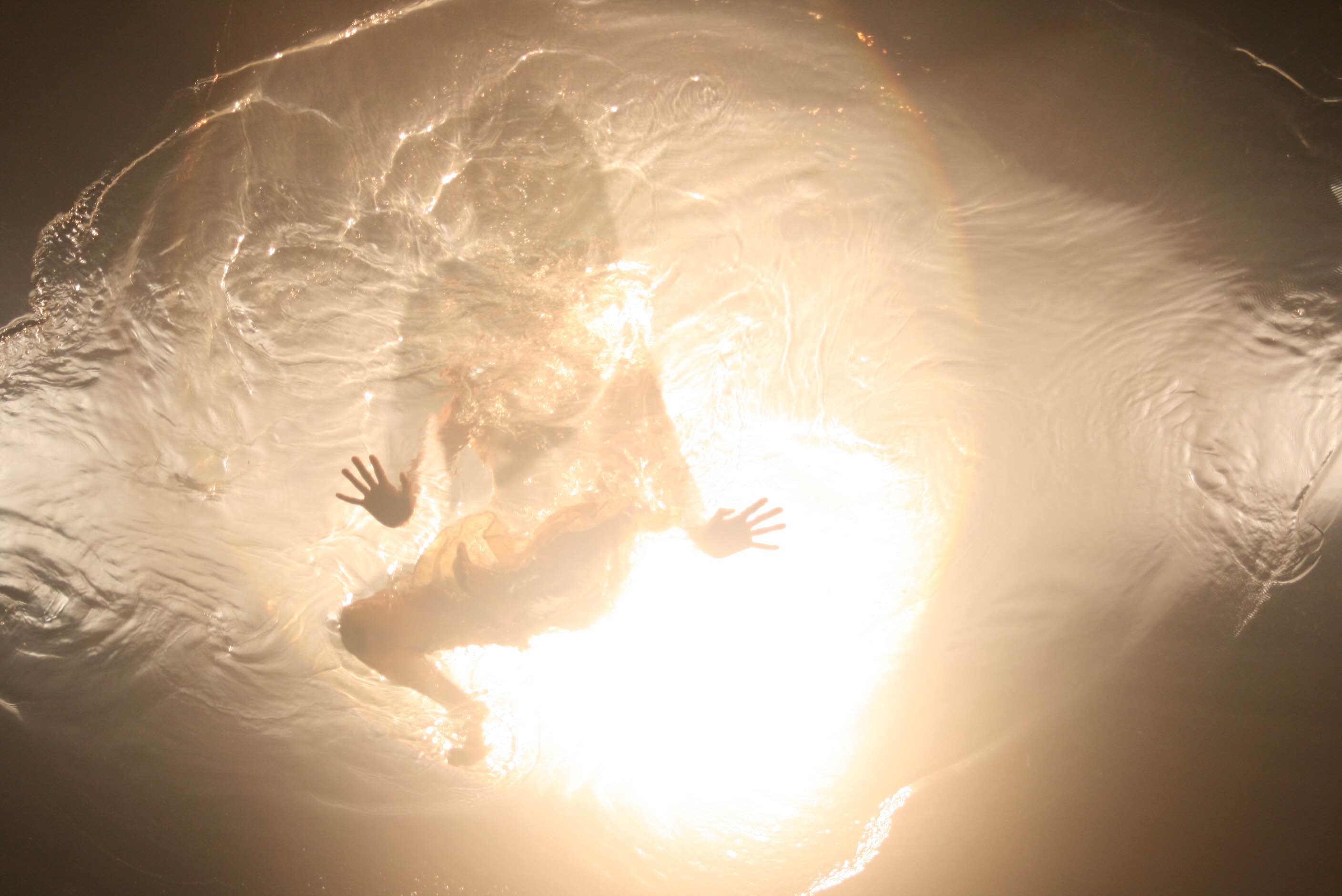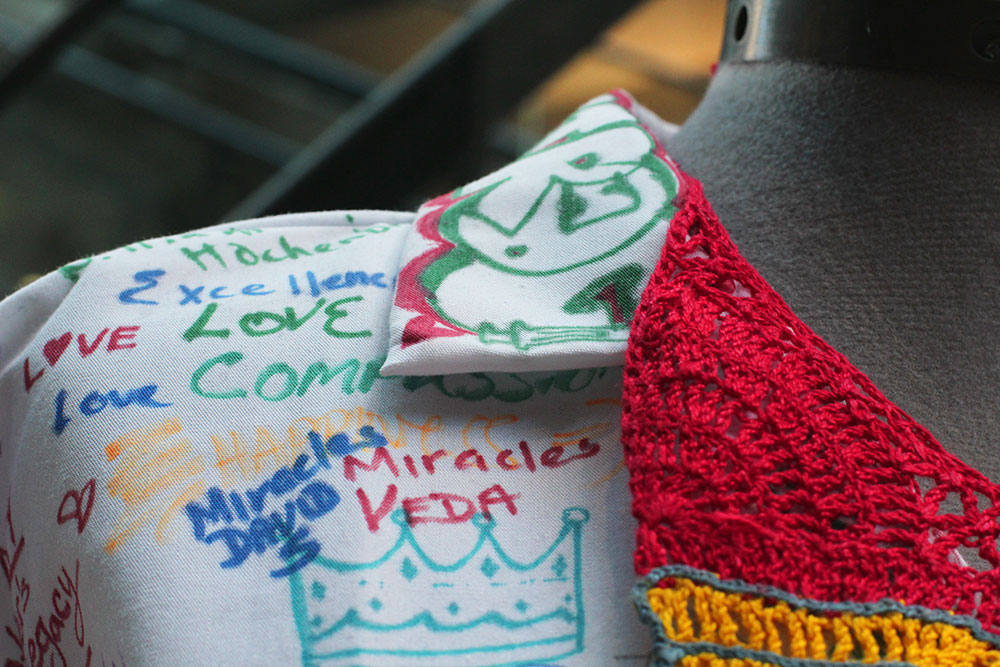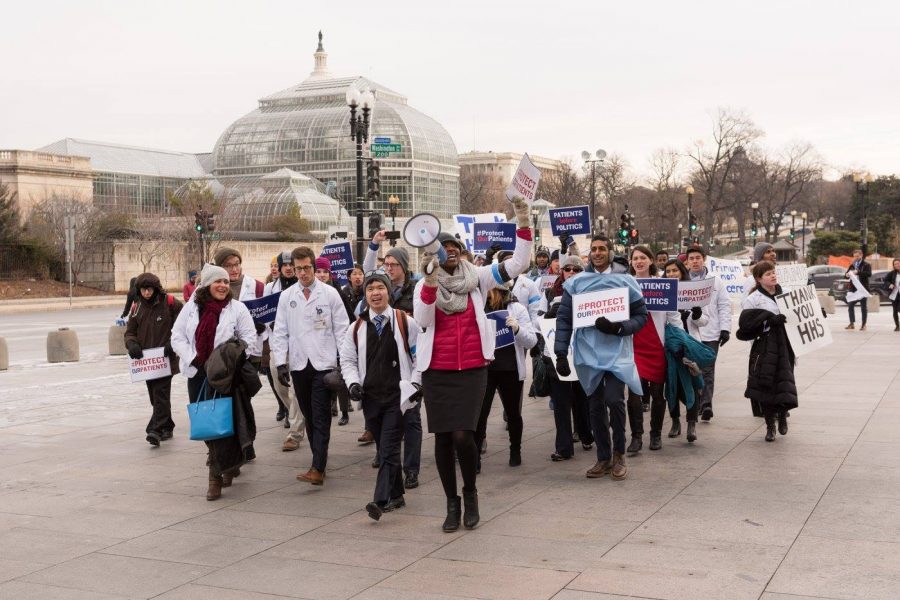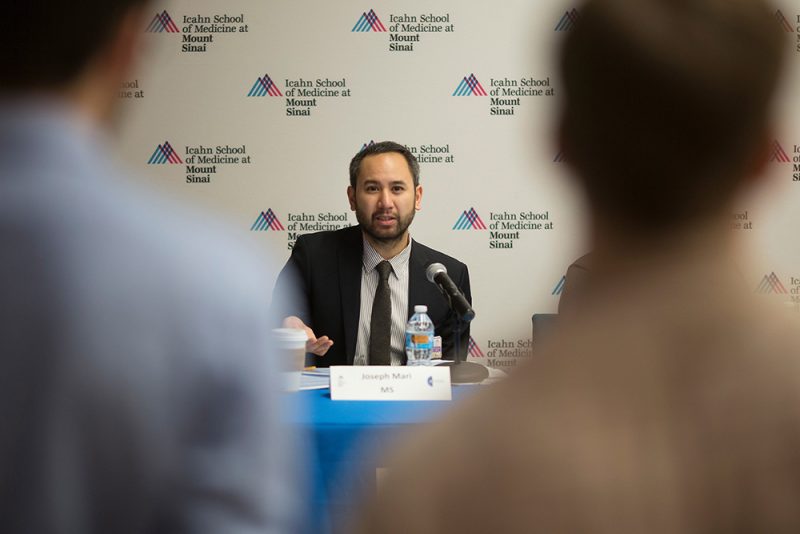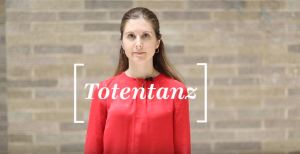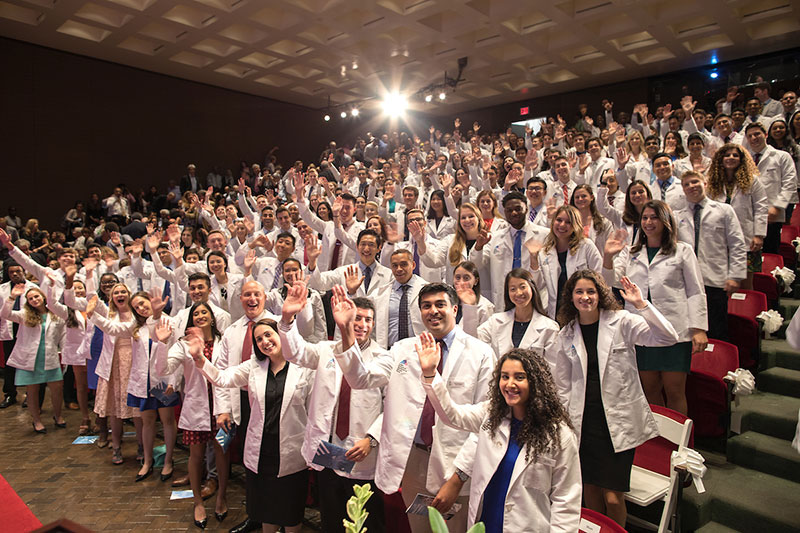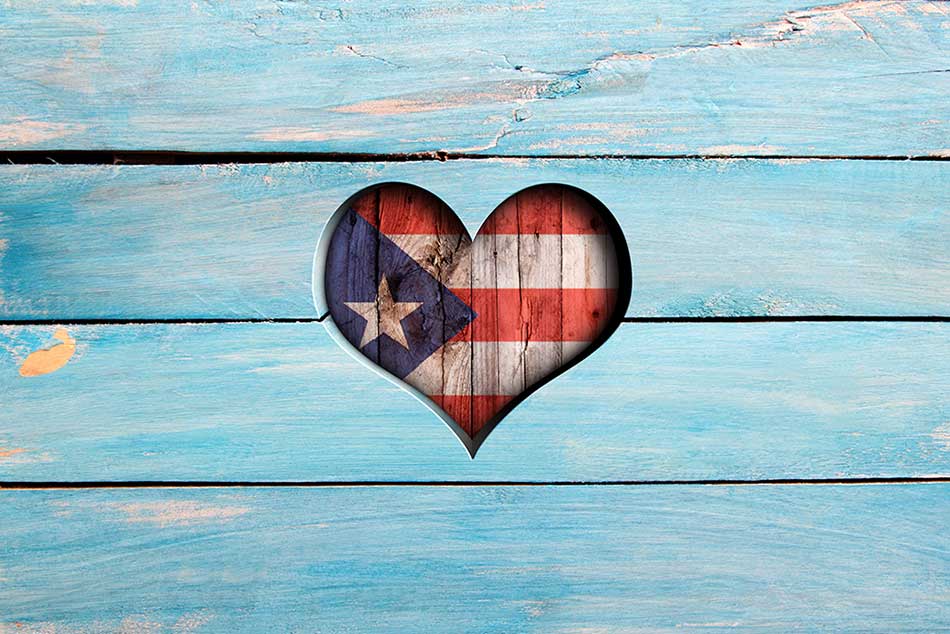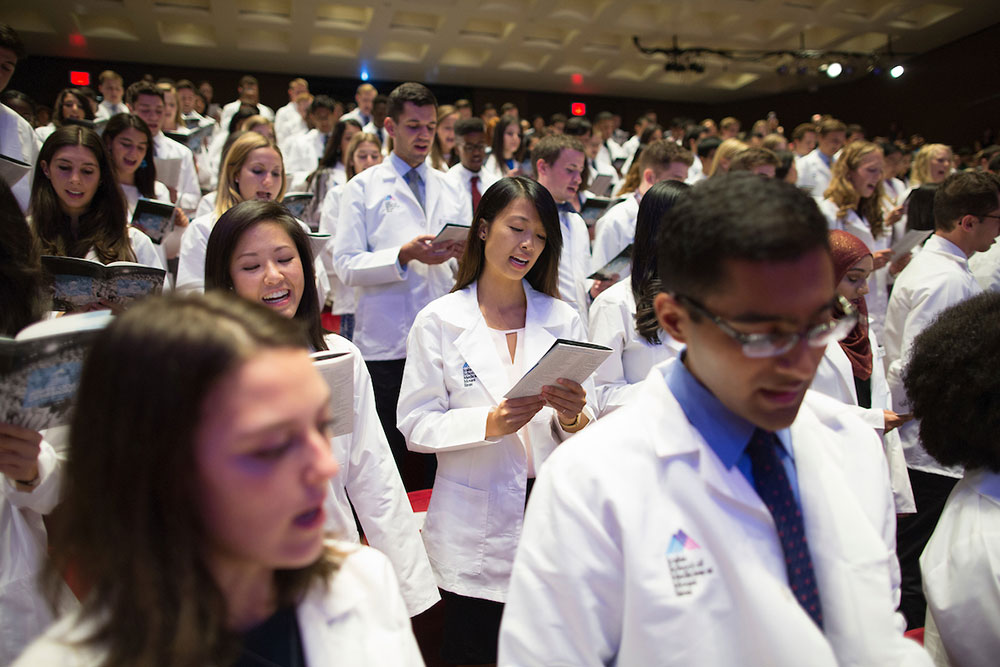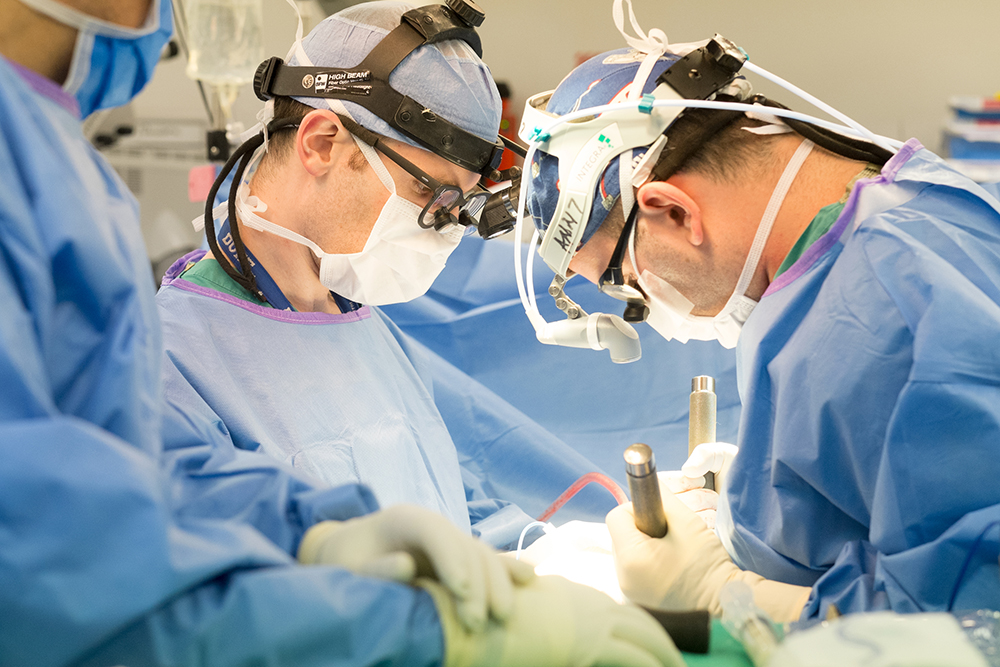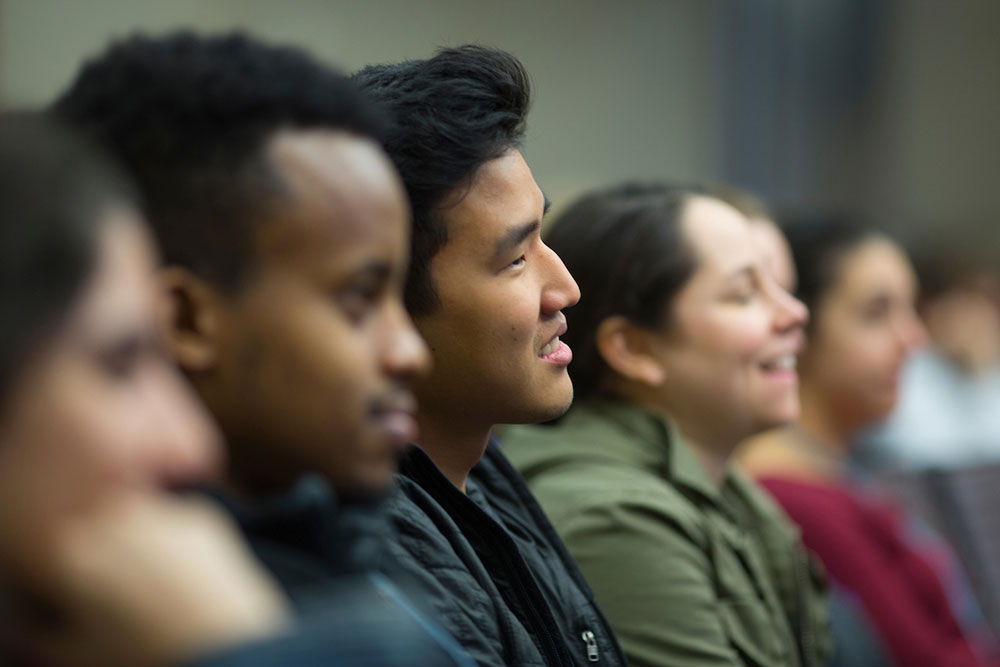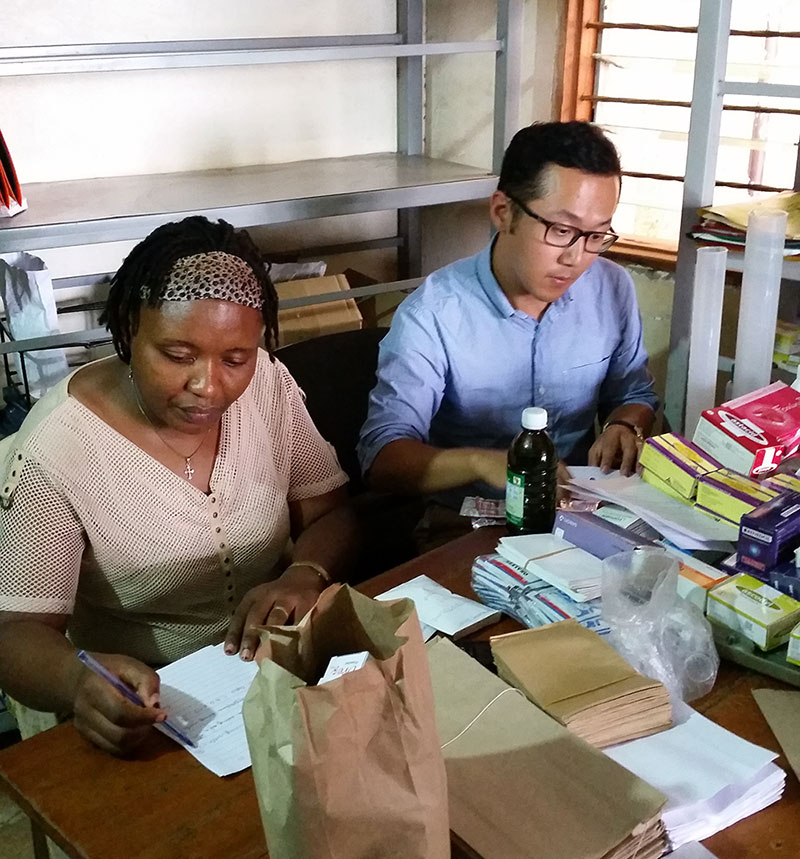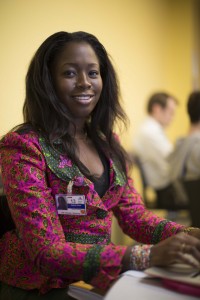 Today was quite the day!
Today was quite the day!
At dawn, I made the trek from my house to the main road in order to hop on a local bus (a trotro) to begin my 3-hour commute to the Korle Bu Teaching Hospital. I engaged in conversation with the driver on the fourth (and last) bus I was on and he told me his sister lived in Connecticut. He was thrilled to learn that I had spent four years in school in a state whose existence many Ghanaians were ignorant of. We exchanged numbers and he promised to put me in touch with his sister. The taxi driver and I had found a personal connection!
I arrived at Korle Bu with the expectation of finally meeting the elusive Dr. Asiamah whose signature I needed before I could commence my research project. At the very least, I was full of hope of receiving the long-awaited letter from him to hand over to the Radiotherapy department so the project could finally be underway. It was with these anticipations that I found myself at the Korle Bu administration block at 8.45am.
Even before Dr. Asiamah’s secretary parted her lips to utter the words, I felt my bubble being burst. There was no letter. The proposal, which I had submitted in January, was still making the rounds around the block and it was currently stationed at the Radiotherapy department awaiting further approval.
For the first time since I had faced opposition working/interning/shadowing in Ghana ever since my departure to the United States in 2009, I felt defeated – defeated by the lack of clear guidelines on how to engage in any activity here at home; defeated by my being “othered” for choosing to study abroad. I felt like throwing my hands up and saying, “You are right. I have changed since I left but does that make me any less Ghanaian?” In the past, I have always responded to this question with a resounding “No!” but here I was being bandied around as the “International student” and was being told by this secretary that I would have to pay the hefty fee of GHc500 (approximately $155 USD) a week to boot. The atrocity!
In a last attempt at defiance and in a final bid to exercise some agency, I asked if there was something I could do to move my proposal along the hierarchy but the lady just shook her head and with a voice laden with pity advised that I go home and return on another three hour journey tomorrow.
I did not go home.
With the two university students who had volunteered to assist with the research project, I went down to the Radiotherapy Department to try to hunt down someone who could help me. The head of department’s secretary informed me that he was currently out of the department but as to what time he might return, she could not tell (or perhaps would not). When I asked if I may come back to check whether he had arrived, she retorted, “Suit yourself.” I suited myself indeed – returning every half hour to her annoyance.
(To Continue in Part 2)
 Efe “Chantal” Ghanney is an MD Candidate, Class of 2017
Efe “Chantal” Ghanney is an MD Candidate, Class of 2017
Ms. Ghanney’s summer research trip was funded by the The Arnhold Global Health Institute.


